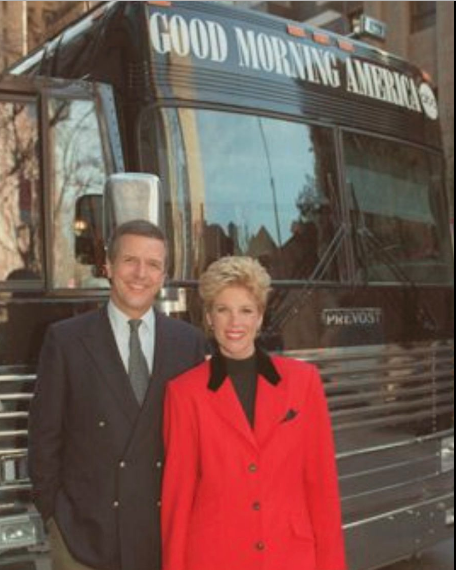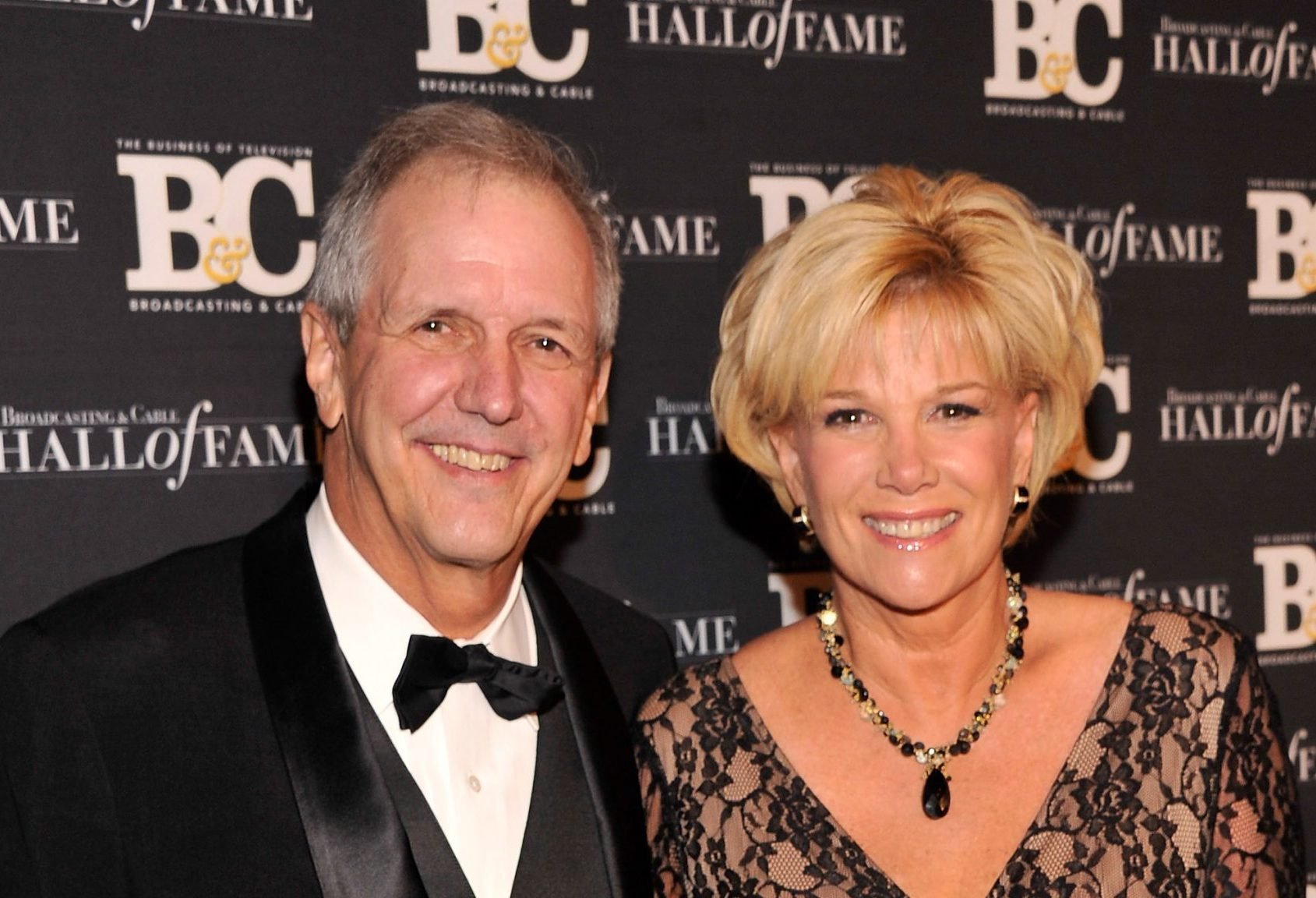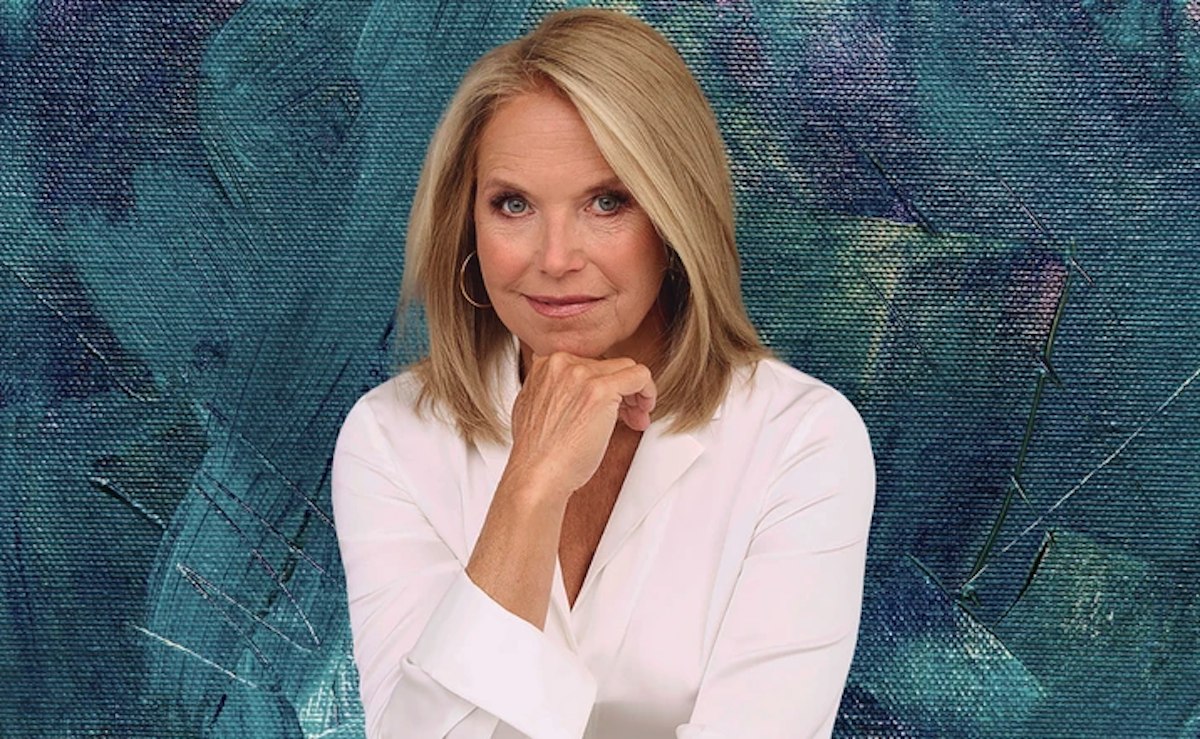Building a Legacy Of Service
- Former “Good Morning America” host Charlie Gibson, 81, was a fixture on TV sets for millions of Americans during the ‘80s and ‘90s; towards the end of his broadcast career, he became an advocate for cancer awareness.
- Gibson’s journalism career brought him closer to colleagues who had several cancer battles, including Katie Couric, who was diagnosed with breast cancer. GMA host Robin Roberts battled breast and myelodysplastic syndrome (MDS), which is a rare type of blood cancer. He stepped in to replace former ABC “World News Tonight” anchor Peter Jennings after he passed away from lung cancer.
- Gibson is a cancer advocate promoting awareness and early detection. He co-hosted a “Stand Up to Cancer” event alongside some of his colleagues who faced their own diagnoses.
- Patients are encouraged to seek a support group, talk to a mental health professional, and keep their support team connected with their care team. Close friends, family, and colleagues also play an important role in filling out their support groups.
Former “Good Morning America” host Charlie Gibson, 81, is enjoying retirement all while keeping a light schedule advocating children’s reading alongside his daughter.
Gibson, a cancer survivor, appeared in an ABC “Good Morning America” segment discussing the importance of reading with his daughter Kate.
Read More “There’s no magic bullet…it’s up to the parents. The kids aren’t going to do it on their own. It’s all about modeling,” Gibson explained. Gibson’s daughter exclaimed that her father was an avid reader, which may come as no surprise given his tenure as a journalist.
“There’s no magic bullet…it’s up to the parents. The kids aren’t going to do it on their own. It’s all about modeling,” Gibson explained. Gibson’s daughter exclaimed that her father was an avid reader, which may come as no surprise given his tenure as a journalist.Gibson’s career began in the mid-1960s. He worked his way up the news industry ladder from local television affiliates to ABC News. The nation got to know him during the mid-1970s as a White House correspondent, then in the ‘80s covering Congress. He joined Lunden as host of “Good Morning America” in 1987 and co-anchored the show until the late 1990s.

Gibson also anchored ABC “World News” from the mid-2000s until his retirement in 2009. He was appointed to the National Board of Advisors for the Moffit Cancer Center.
Gibson said after his appointment, “Cancer affects us all, and Moffitt is at the forefront of treatment and research.”
Gibson’s advocacy for cancer awareness caused him to join cancer survivor Katie Couric and fellow journalist Brian Williams in a “Stand Up to Cancer” special event.
WATCH: Joan Lunden explains her long-time friendship with Charlie Gibson.
Expert Resources For Colon Cancer
Building Support, Staying Connected
Gibson’s relationship with cancer enveloped his journalism career. While hosting the “Stand Up to Cancer” event, he offered added support to his friend and colleague Katie Couric.
Couric was diagnosed with early-stage breast cancer in 2022. She bravely shared her diagnosis with millions watching the “Today Show” segment. Since her diagnosis, she’s been a staunch advocate for cancer early detection, especially for breast and colon cancer.

Gibson was also joined by fellow ABC News alumni Robin Roberts, who battled breast cancer in 2007 after she noticed a lump while preparing for a news segment about performing self-exams for your breast. Self-exam includes pressing your fingertips along your breast in a circular motion.
WATCH: WATCH: How do patients with MDS have a chance to have a bone marrow transplant?
In addition to battling breast cancer, Roberts also dealt with myelodysplastic syndrome (MDS), which is a rare type of blood cancer where abnormal cells form in the body’s bone marrow.
Gibson also stepped in to replace another former ABC News colleague, Peter Jennings, who battled lung cancer until passing away in 2005.
People like Gibson are so important to a cancer patient’s journey because a diagnosis often comes with a wide range of emotions.

However, a team of supporters can be most helpful during these early stages. Your supporters can be close family members, friends, or people outside your inner circle.
“Some people don’t need to go outside of their family and friends circle. They feel like they have enough support there,” New York-based psychiatrist Dr. Lori Plutchik tells SurvivorNet.
“But for people who feel like they need a little bit more, it is important to reach out to a mental health professional,” she added.
One benefit of having supporters is that they can help alleviate stress and anxiety following your diagnosis and advocate for you during treatment.
Sometimes, it is not always easy to share news you have cancer, even among loved ones. In such instances, you can seek a trained professional to center your support group around. Mental health professionals can help fill this space because many are trained to help you navigate your cancer treatment.
“Make sure that the mental health professional that you work with is reaching out with your consent to the rest of your team, to the oncologist, to the surgeon … it can also be helpful to reach out to family, friends, and any other caretakers that may be involved in the person’s treatment,” Dr. Plutchik said.
Learn more about SurvivorNet's rigorous medical review process.

